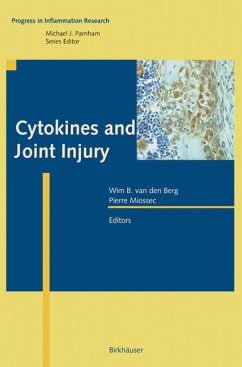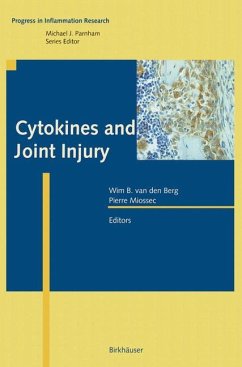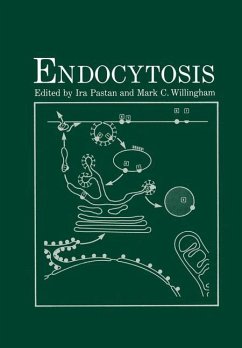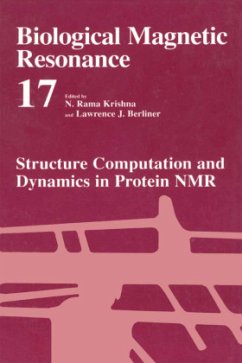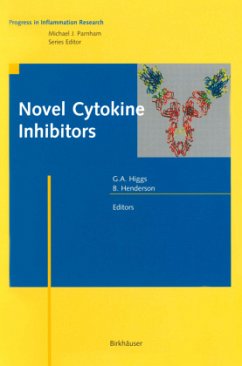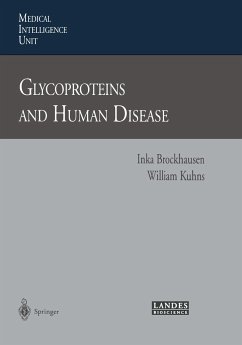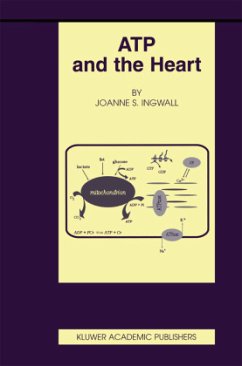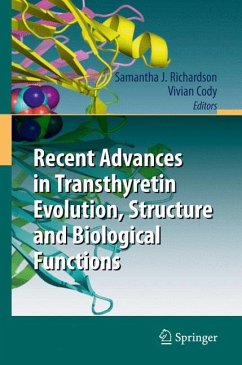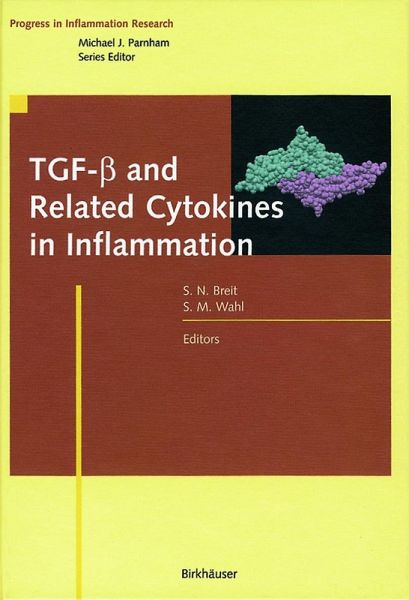
TGF-¿ and Related Cytokines in Inflammation

PAYBACK Punkte
19 °P sammeln!
The TGF-13 superfamily is a large and expanding multigene family which in verte brates includes the TGF-13 proteins themselves, the bone morphogenetic proteins (BMPs), the growth and differentiation factors (GDF), the activins/inhibins (INH), Mullerian inhibitory substance (MIS), glial derived neurotropic factor (GDNF) and more recently macrophage inhibitory cytokine 1 (MIC-1). They are characterised by conserved structural elements and a broad commonality of function. Major structural elements All members of the TGF-13 superfamily contain as their major structural hallmark a conserved spacing...
The TGF-13 superfamily is a large and expanding multigene family which in verte brates includes the TGF-13 proteins themselves, the bone morphogenetic proteins (BMPs), the growth and differentiation factors (GDF), the activins/inhibins (INH), Mullerian inhibitory substance (MIS), glial derived neurotropic factor (GDNF) and more recently macrophage inhibitory cytokine 1 (MIC-1). They are characterised by conserved structural elements and a broad commonality of function. Major structural elements All members of the TGF-13 superfamily contain as their major structural hallmark a conserved spacing and distribution of seven cysteine residues. This structure is known as the cysteine knot and tethers together regions of the peptide as well as binding the two chains of the dimer to each other. High resolution structures are now available on proteins from three families within this group including glial derived neurotropic factor (GDNF), BMP-7 and several of the TGF-13s. Despite low similarity between some of these proteins (eg, TGF-13s and GDNF are only 13% identical) they share a strikingly similar three dimensional conformation (Fig. 1). These structural elements imbue the protein with some of its familial characteristics. These include its physico-chemical stability due to tight tethering of portions of the peptide chain via criss-crossing disulphide bonds. Much of its surfaces are coated with hydrophobic patches leading to a propensity to bind non-specifically to other proteins as well as to its self. This also causes a marked propensity for aggregation when the recombinant protein is present at high concentration.







